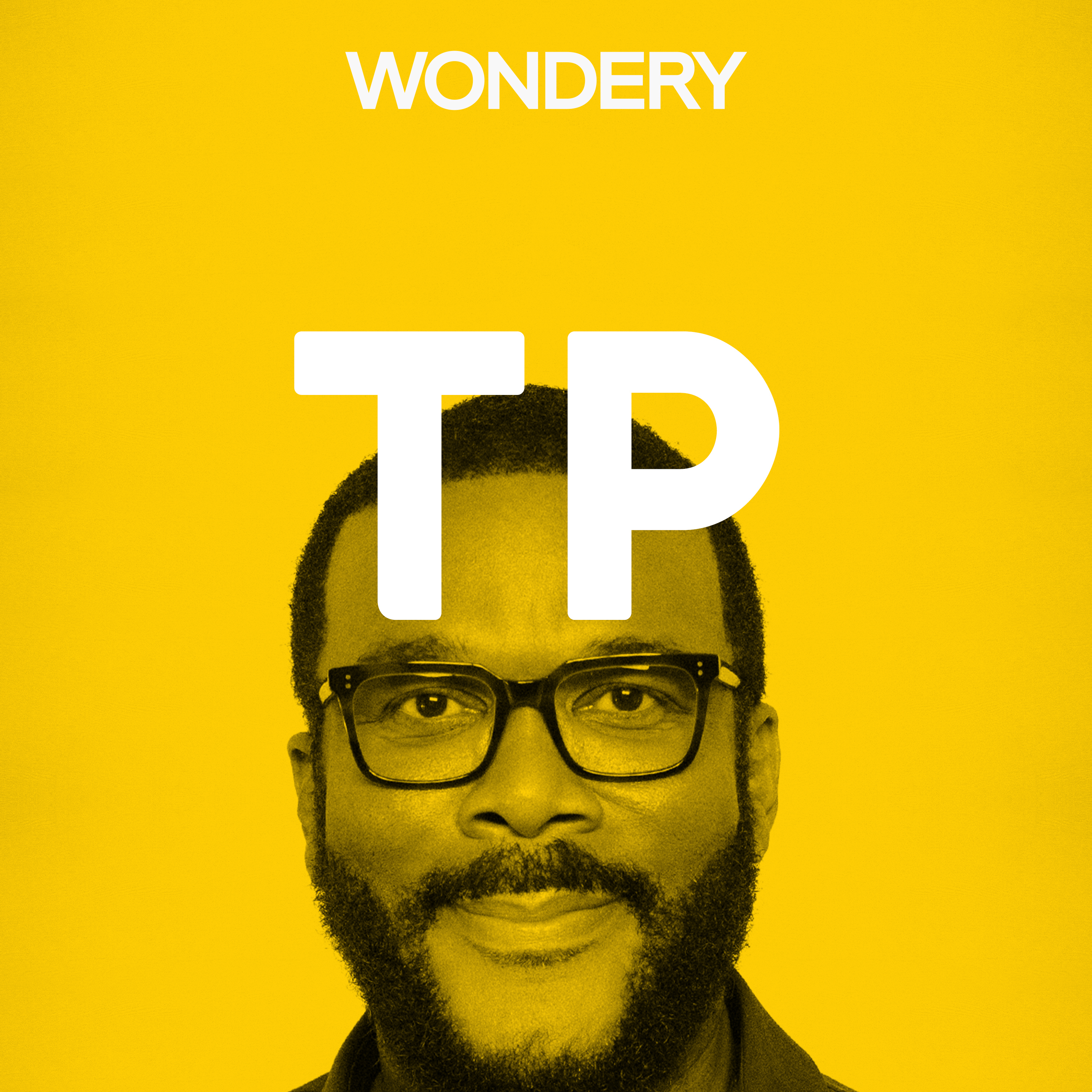
Tyler Perry

Armchair Expert with Dax Shepard
Deep Dive
Why does Tyler Perry avoid excessive comfort?
He associates comfort with a fear of complacency, believing it hinders productivity and personal growth. This stems from his challenging upbringing and a desire to avoid repeating past negative experiences.
Why did young Tyler Perry wish he were smaller?
He was bullied by a smaller cousin and his aunt discouraged him from retaliating due to his larger size. The strong men in his life weren't positive role models, leading him to desire the opposite.
How did Tyler Perry's mother influence his values?
Growing up in a neighborhood where they had more than others, his mother instilled in him the importance of generosity and helping those in need, often opening their home to strangers.
Why did Tyler Perry move to Atlanta?
A trip to Atlanta for Freaknik exposed him to a thriving Black middle class, a stark contrast to his experiences in New Orleans and Detroit. This inspired him to relocate in pursuit of a better life.
What sparked Tyler Perry's career in entertainment?
A friend recognized the potential of his journal entries as a play. The audience's emotional response to his first play, despite its initial commercial failure, ignited his passion for storytelling.
What led to the breakthrough success of Tyler Perry's play?
Initially, the play about forgiveness resonated with audiences but lacked authenticity because Perry hadn't forgiven his own father. After forgiving his father in 1998, the play's success dramatically increased.
Why did Tyler Perry transition from stage plays to television?
The demand for his plays outgrew the capacity of theaters, leading him to seek a wider reach. Television offered a larger platform and the ability to address the underrepresentation of Black stories in mainstream media.
How does Tyler Perry respond to criticism of his work?
He believes his work caters to a specific audience and dismisses criticism from those outside of it. He views critical reviews as subjective opinions, citing an instance where two critics gave vastly different reviews of the same play.
What challenges did Tyler Perry face despite his success?
He struggled with feelings of inadequacy and fear that his success wouldn't last. He also faced systemic biases in the film industry, receiving smaller budgets compared to other filmmakers with comparable success, hindering his ability to create on an even playing field.
Why did Tyler Perry insist on producing 100 episodes of "House of Pain" upfront?
He understood that reaching 100 episodes was crucial for syndication, guaranteeing long-term financial stability and wider distribution of the show, despite industry norms of ordering fewer episodes initially.
What was the inspiration behind "The Six Triple Eight"?
Nicole Avant suggested he tell the story of the 6888th Postal Directory Battalion, a group of Black women in WWII. Meeting Lena King, a surviving member, and hearing her story about a fallen Jewish friend provided the emotional core of the film.
What significant discovery was made during the production of "The Six Triple Eight"?
The transportation guy, a WWII enthusiast, found Charity Adams' trunk, complete with her uniform, a tulip tree, and a letter, at an auction. This serendipitous event deeply moved Perry and Washington, reinforcing the women's presence and the story's significance.
What does Tyler Perry consider his greatest achievement?
While grateful for his career success, he takes the most pride in owning his studio, a former Confederate Army base. He sees it as a symbol of progress and the potential for anyone to achieve their dreams in America, regardless of their background.
- Early trauma and abuse significantly impacted Perry's life and career.
- He developed a fear of comfort and a desire for invisibility as a coping mechanism.
- His success in the entertainment industry was partly a result of avoiding dealing with his trauma.
- At 55, he felt the freest and clearest version of himself after therapy.
Shownotes Transcript
Tyler Perry (The Six Triple Eight, I Can Do Bad All By Myself, Diary of A Mad Black Woman) is an actor, playwright, producer, and filmmaker. Tyler joins the Armchair Expert to discuss how he realized that his journal could be a play, his fear of comfort, and growing up to leave the door open for somebody else. Tyler and Dax talk about seeing a black middle class for the first time after relocating to Atlanta, the things children walk through, and moving storytelling into TV because it was a bigger arena. Tyler explains being a loner by nature, the unbelievable true story he wanted to tell with The Six Triple Eight, and learning to build toward where he’s going rather than from where he is.
Follow Armchair Expert on the Wondery App or wherever you get your podcasts. Watch new content on YouTube or listen to Armchair Expert early and ad-free by joining Wondery+ in the Wondery App, Apple Podcasts, or Spotify. Start your free trial by visiting wondery.com/links/armchair-expert-with-dax-shepard/) now.
See Privacy Policy at https://art19.com/privacy) and California Privacy Notice at https://art19.com/privacy#do-not-sell-my-info).